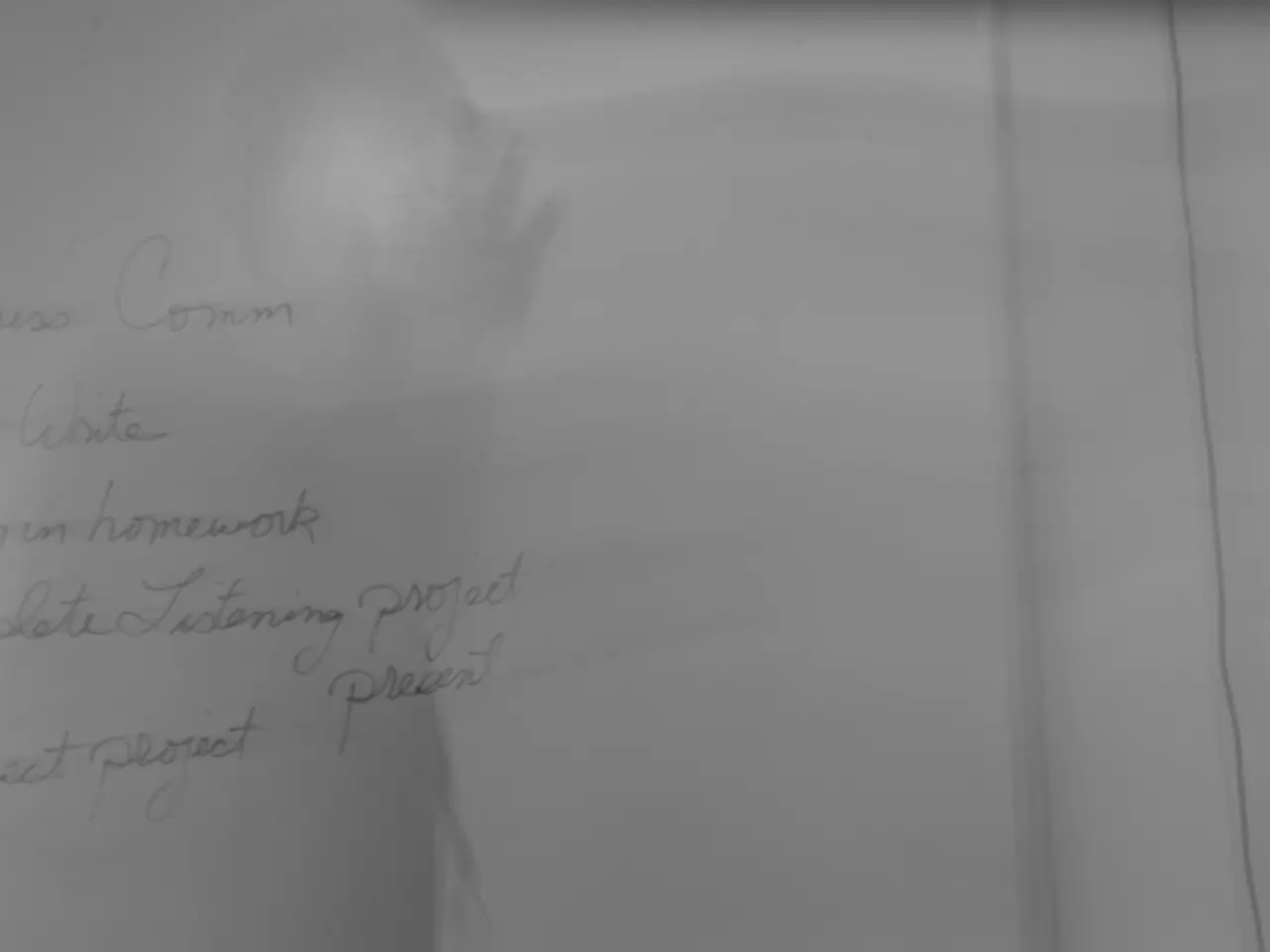Supreme Court set to review Louisiana redistricting controversy, potentially weakening the impact of the Voting Rights Act
The Supreme Court's upcoming decision in the Louisiana v. Callais case could significantly impact the Voting Rights Act (VRA), race-based redistricting, and the constitutional rights of minority voters. The case challenges Louisiana's 2024 congressional map that created a second majority-Black district to comply with Section 2 of the VRA after a prior map was found to dilute Black voting power.
If the Court rules that creating such districts based primarily on race triggers strict scrutiny under the 14th Amendment, it would make it much harder for states to draw Section 2-compliant districts meant to prevent racial vote dilution. This could undermine safeguards for minority voters and weaken enforcement of the VRA, which aims to protect against denial or abridgment of voting rights based on race.
Conversely, a ruling that permits or requires race to be the predominant factor in redistricting could affirm the importance of the VRA in protecting minority voting power. However, if the Court requires strict scrutiny for all Section 2 districts, it remains unclear whether compliance with the VRA would itself satisfy the "compelling government interest" standard, raising the possibility of further weakening the Act's protections.
The case poses a legal tension: states must consider race to comply with the VRA and ensure equal participation by voters of color but face constitutional challenges claiming racial gerrymandering under the Equal Protection Clause. A ruling curtailing race-based districting could empower challenges that dilute minority voter influence, while upholding it would preserve a key mechanism to achieve equitable representation.
The Supreme Court has recently asked for supplemental briefs to address whether intentional creation of a second majority-minority district violates the Constitution, signaling ongoing scrutiny of race-based redistricting under constitutional law alongside VRA compliance.
The Louisiana case demonstrates the inherent tension between the Voting Rights Act and the equal protection clause, particularly in drawing district maps. If the court answers affirmatively, it could bar a state from adding an additional majority-minority district to ensure equal voting opportunities. The outcome of the Louisiana v. Callais case could have nationwide implications for the shape of districts and electability of key GOP leaders in the House, including Speaker Mike Johnson.
The case is among the most important appeals the court will consider later this year, and its decision could alter how courts balance the 14th Amendment's equal protection guarantees with the VRA's protections against racial vote dilution. Richard Pildes, an election law expert at the New York University School of Law, stated that the court's move could affect the constitutionality of race-based redistricting under Section 2 of the Voting Rights Act.
Rick Hasen, another election law expert, described the Supreme Court's move as a "big, and dangerous, step toward knocking down" a key pillar of the 1965 Voting Rights Act. Clarence Thomas, a Supreme Court Associate Justice, has long tried to undercut the Voting Rights Act. The 14th Amendment's equal protection clause demands that a state not draw a map predominantly based on race, but must demonstrate a compelling reason and carry out the effort in the narrowest way possible.
The court's new framing questions whether states may fix Voting Rights Act violations without running up against the Constitution. The parties involved in the case will submit written arguments about whether the state's intentional creation of a second majority-minority congressional district violates the Fourteenth or Fifteenth Amendments.
In sum, the Louisiana v. Callais case could:
- Heighten constitutional hurdles for states to draw majority-minority districts, possibly limiting minority political representation.
- Weaken the Voting Rights Act by imposing stricter standards on race-conscious redistricting efforts.
- Alter how courts balance the 14th Amendment's equal protection guarantees with the VRA's protections against racial vote dilution.
The Supreme Court has tended to give states some "breathing room" in drawing their maps, but the central question in the case is exactly how much room state lawmakers should have. The court appears to be preparing to debate whether states should have any breathing room at all in drawing their maps.
[1] The New York Times [2] NPR [3] CNN [4] Roll Call
- The upcoming Supreme Court decision in the Louisiana v. Callais case could significantly impact policy-and-legislation regarding voting rights and race-based redistricting, as it may alter how courts balance the 14th Amendment's equal protection guarantees with the Voting Rights Act's protections against racial vote dilution.
- General news outlets report that this case has wider implications, for example, the potential weakening of the Voting Rights Act, limiting the creation of majority-minority districts, and affecting the electability of key political leaders.







